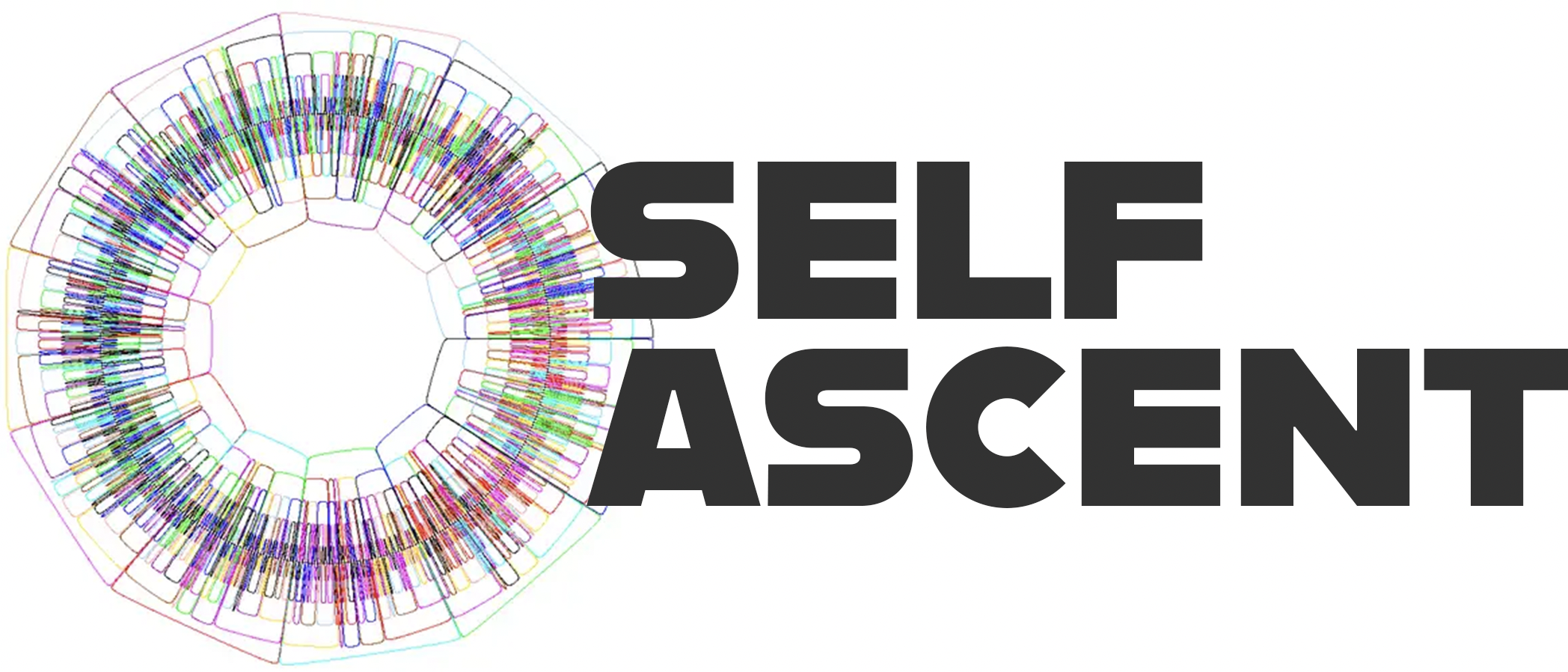Why Read Neumann
Erich Neumann (1905-1960) was a prominent Jungian analyst and psychologist. Carl Jung held him in very high esteem, and Neumann is often considered Jung’s most important and influential student. He is best known for his work on the development of consciousness and its relation to myth, as well as for his postulation of the “centroversion” principle, which complements Jung’s ideas on introversion and extraversion. Neumann’s work demonstrates that universal symbols appear in all religions and cultures, and he grounds this phenomenon in the notion of the collective consciousness, which is a fundamental tenet of the Perennial Philosophy.
Bio
Erich Neumann (1905-1960) was a distinguished Jungian psychologist and analyst, born in Berlin, Germany. Fleeing Nazi ascendancy, he relocated to Tel Aviv in 1934, where he played a pivotal role in establishing analytical psychology. Profoundly influenced by Carl Jung, Neumann expanded upon Jung’s theories, making notable contributions to the understanding of the development of human consciousness and its link to mythological narratives. His magnum opus, “The Origins and History of Consciousness” (1954), delved into the stages of psychological development, using the hero’s journey as a central motif. Another seminal work, “The Great Mother,” explored the maternal archetype across various cultures. Neumann’s deep insights into the collective unconscious and his ability to bridge ancient myths with modern psychology left an indelible mark on analytical psychology. His theories and writings continue to be influential in the realms of depth psychology, mythology, and consciousness studies.




























